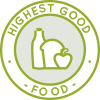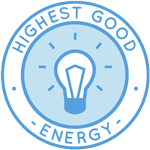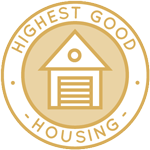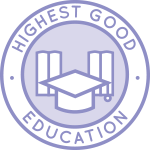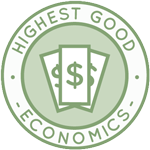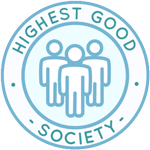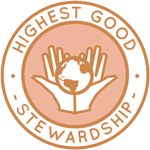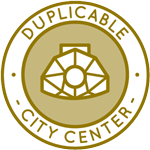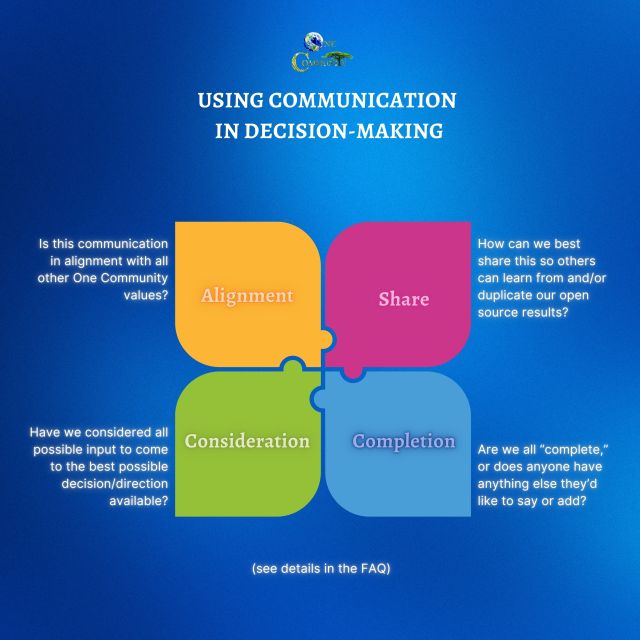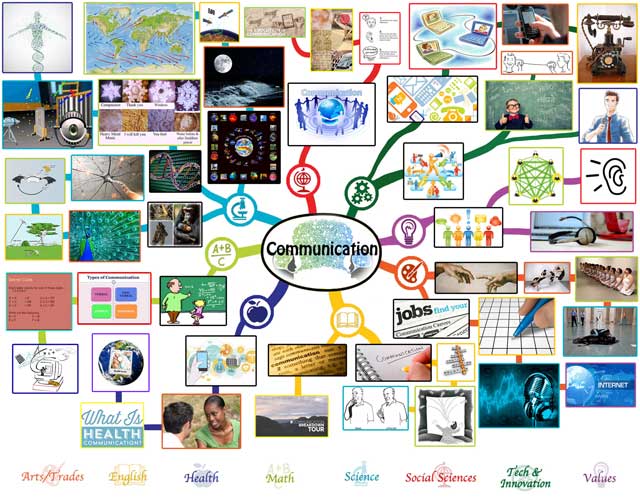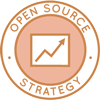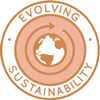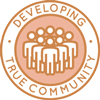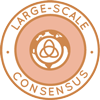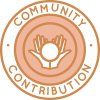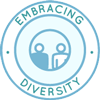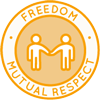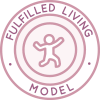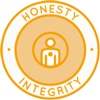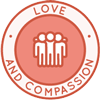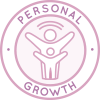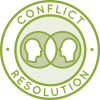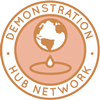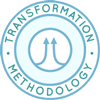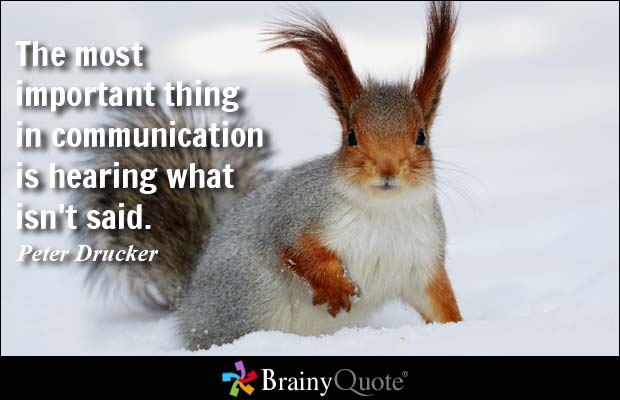
Communication
Communication is a foundational value of One Community because it combines our focus on open source sharing everything we do with the world with our focus on constant improvement as individuals and as an organization. We see clear, intentional, and effective communication and feedback between each other and the world as the most effective way to create a synthesis of diverse ideas in alignment with our Highest Good of All philosophy. Because of this, we consciously take steps to improve, develop, and expand our communication abilities both interpersonally and with the world.
This page is discusses this with the following sections:
- Defining Communication
- Using Communication in Decision Making
- Why Communication as a Core Value
- Resources
- Summary
- FAQ
CLICK THESE ICONS TO JOIN US THROUGH SOCIAL MEDIA
WAYS TO PARTICIPATE WITH ONE COMMUNITY
SUGGESTIONS | CONSULTING | MEMBERSHIP | OTHER OPTIONS
DEFINING COMMUNICATION*
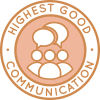 For One Community, Communication is a foundational value comprised of two key components. The first is transparent and open communication and sharing with the world. The second is transparent and open communication and sharing with each other. As individuals and a community, we demonstrate these by open source project-launch blueprinting everything we do:
For One Community, Communication is a foundational value comprised of two key components. The first is transparent and open communication and sharing with the world. The second is transparent and open communication and sharing with each other. As individuals and a community, we demonstrate these by open source project-launch blueprinting everything we do:
We also demonstrate our commitment to the value of Communication by specifically learning and applying feedback and communication skills with each other:
COMMUNICATION SKILLS | MONTHLY REVIEW & FEEDBACK FORMAT | CONSENSUS TRAINING
- USING COMMUNICATION IN DECISION MAKING*
In decision making* at One Community, the core value of “Communication” is applied by asking ourselves the following four key questions:
- Is this communication in alignment with all other One Community values?
- How can we best share this so others can learn from and/or duplicate our open source results?
- Have we considered all possible input to come to the best possible decision/direction available?
- Are we all “complete,” or does anyone have anything else they’d like to say or add? (see details in the FAQ)
* To ensure we are always aligned with our purpose, values, and mission, One Community uses the values as defined by our organization as the compass for all our decision making; we then factor in the diversity of individual perspectives and experiences. We highly recommend this approach because it saves us hundreds, if not thousands, of hours of collaborative decision making time. If you are considering our model as a template for your own creation, we especially recommend you apply this approach too and use, adapt, or completely change the values we’ve presented so you too can create a clear guidance system that aligns with your own organizational/group/individual needs.
COMMUNICATION AND MAINTAINING EFFECTIVE OPERATIONS
Communication and effective operations at One Community are founded on a culture of “how can I help” that consists of three primary approaches to interaction:
The culture of “how can I help” is focused on a recognition that we are a collaborative team, so asking where we can help when we don’t know what to do is a more supportive approach than waiting to be told. “Timely communication” keeps information, collaboration, and creativity flowing efficiently. “Checking in” is a process of remembering that we are part of a greater whole and openly communicating our plans and intent to each other whenever they may affect one another. This also includes proactively bringing concerns or suggestions to an individual or the group, whichever is most appropriate, as soon as it is realized since we are all focused on helping. We also use these primary organizational tools and groups in support of all three of these points and each other:
- Project Teams
- Welcome Teams
- Weekly team calls
- Monthly 2-directional reviews
- Consensus-taught feedback format
WHY COMMUNICATION
 One Community feels that it is through a culture of constantly evolving communication that we improve faster both as individuals and as an organization. Also, as a for The Highest Good of All organization, we seek to demonstrate that communication through business transparency and open source sharing is a very specific and duplicable path to both economic success and global transformation.
One Community feels that it is through a culture of constantly evolving communication that we improve faster both as individuals and as an organization. Also, as a for The Highest Good of All organization, we seek to demonstrate that communication through business transparency and open source sharing is a very specific and duplicable path to both economic success and global transformation.

RESOURCES
- Conscious and Conscientious Communication Skills Guide
- Recommended Organization: The Center for Non-violent Communication
- WikiHow Article: “How to Practice Nonviolent Communication”
- Article: “How to Talk About Sensitive Topics so That People Will Listen”
- Use this page (click here) if you have a resource you’d like to suggest be added here
One Community has also created a Communication Lesson Plan as part of the open source Highest Good Education component. This lesson plan is purposed to teach all subjects, to any learning level, in any environment using the central theme of “Communication.” Here is the mind map for the lesson plan:
SUMMARY
 With a consciousness for The Highest Good of All, we are committed as a group to: open source sharing everything we do, transparent organizational practices, clear communication skills, quality and proactive feedback, monthly 2-directional reviews, and honing our individual ability to maintain an outward focus. Through group dedication to this thought form we strive to transcend our own (ego) boundaries in order to “see” through the others’ eyes, to “hear” through their ears, etc. In so doing, we recognize and honor that truly empathizing with any creature on the planet takes MORE than our ability to argue our case; and we hold each other accountable to rise to this higher standard. As we do this we help and support each other and the world and this builds camaraderie and synergy internally while also allowing us to better perform our function as an open source and world-change organization.
With a consciousness for The Highest Good of All, we are committed as a group to: open source sharing everything we do, transparent organizational practices, clear communication skills, quality and proactive feedback, monthly 2-directional reviews, and honing our individual ability to maintain an outward focus. Through group dedication to this thought form we strive to transcend our own (ego) boundaries in order to “see” through the others’ eyes, to “hear” through their ears, etc. In so doing, we recognize and honor that truly empathizing with any creature on the planet takes MORE than our ability to argue our case; and we hold each other accountable to rise to this higher standard. As we do this we help and support each other and the world and this builds camaraderie and synergy internally while also allowing us to better perform our function as an open source and world-change organization.
FREQUENTLY ANSWERED QUESTIONS
Q: Where can I learn more about your other values and how you use each of them in your organization?
Click the icons below to be taken to a complete page for each value:
Q: Where can I get more information about your philosophies for world change?
Please take a look at each of these additional pages: (click icons)
Q: How can people provide feedback on the different open source components of the One Community project?
On most pages there is a suggestions link specific to that area of open source project-launch blueprinting (ex. infrastructure suggestions, education suggestions, etc.). You can also send us an email using our contact us page.
Q: What does it mean when you say “checking in with each other before we make personal decisions that affect the larger group?”
This means checking in whenever possible with anyone who may be affected (Project Team, Welcome Team, etc.) before making a change in call schedule, contribution schedule, etc. versus just stating that a call will be missed, work will not be completed, etc. Our project is designed for maximum flexibility and adaptability. It is also designed for maximum efficiency and effectiveness. A request in advance:
- Allows for feedback and reorganization of action items if needed
- Gives facilitators a chance to modify the schedules to meet needs of the individual if possible
- Demonstrates an awareness on the part of the individual that their actions may impact others
- Has been demonstrated to significantly support team organization, efficiency, effectiveness, and morale
Q: Do you request a group “check in” on all individual decisions?
No, only decisions that have a potential impact on the functioning of the group or other individuals.
Q: What are some examples of individual decisions where a “check in” is expected?
Any situation where others are depending on an individual would be good examples. If an individual is part of a Project Team, Welcome Team, or working on any part of a project and they foresee that they will not be able to meet the routine expectations of their participation, then it is requested that they “check in” before making decisions that will affect their participation.
 One Community
One Community